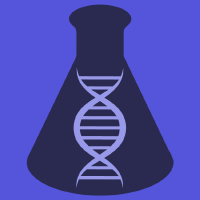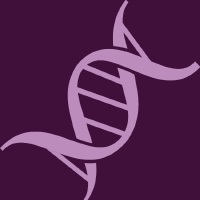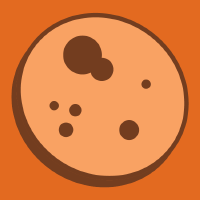Topic Menu
► Topic MenuTopic Editors


Microbiota-Immunity Axis in the Different Pathological Disorders
Topic Information
Dear Colleagues,
In recent years, interest in the human microbiota, which supports numerous physiological functions ranging from digestion to the production of essential metabolites, has increased significantly. A crucial role of the microbiota is its interaction with the immune system, promoting its natural development and modulating its responses to various types of pathogens. However, in the context of dysbiosis or immune dysregulation, the microbiota–immunity axis can have significant impacts on the development of various diseases, including autoimmunity, cardiovascular diseases, neurodegeneration and cancer. Therefore, the aim of this Topic is to create a collection of papers focusing on the characterization of the microbiota–immunity axis in light of the development of human diseases.
Dr. Amedeo Amedei
Dr. Gwendolyn Barceló-Coblijn
Topic Editors
Keywords
- microbiota
- disbiosis
- immunity
- immune response
- cancer
- neurodegeneration
- autoimmunity
- cardiovascular and metabolic disorders
- infection diseases
Participating Journals
| Journal Name | Impact Factor | CiteScore | Launched Year | First Decision (median) | APC |
|---|---|---|---|---|---|

Biomedicines
|
4.7 | 3.7 | 2013 | 15.4 Days | CHF 2600 |

Current Issues in Molecular Biology
|
3.1 | 2.4 | 1999 | 13.5 Days | CHF 2200 |

Diagnostics
|
3.6 | 3.6 | 2011 | 20.7 Days | CHF 2600 |

International Journal of Molecular Sciences
|
5.6 | 7.8 | 2000 | 16.3 Days | CHF 2900 |

Microbiology Research
|
1.5 | 1.3 | 2010 | 16.6 Days | CHF 1600 |

Microorganisms
|
4.5 | 6.4 | 2013 | 15.1 Days | CHF 2700 |

MDPI Topics is cooperating with Preprints.org and has built a direct connection between MDPI journals and Preprints.org. Authors are encouraged to enjoy the benefits by posting a preprint at Preprints.org prior to publication:
- Immediately share your ideas ahead of publication and establish your research priority;
- Protect your idea from being stolen with this time-stamped preprint article;
- Enhance the exposure and impact of your research;
- Receive feedback from your peers in advance;
- Have it indexed in Web of Science (Preprint Citation Index), Google Scholar, Crossref, SHARE, PrePubMed, Scilit and Europe PMC.

